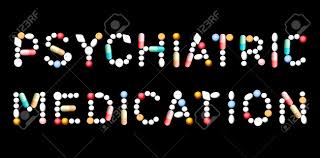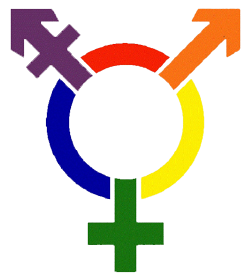
|
|
|
In Australia, there are differences in the qualifications, training, and scope of practice between psychotherapists, counsellors, psychiatrists, psychologists, and clinical psychologists. Here's a brief explanation of the differences:
0 Comments
People often come to therapy feeling completely overwhelmed by depression and anxiety, by anger or disappointment, confused as to what to do next. People often only come because someone they love has given them an ultimatum - get help or else. The despair that comes into the therapy space is very real, as is the person's belief that they are simply a broken down loser, with no hope, and no right to be. What if you could be separated from that belief, could see that belief is a choice, and begin to build for yourself a different way to be?
 It's a powerful statement; one made by Peter Kinderman, Professor of Clinical Psychology at the University of Liverpool during an interview on BBC radio 4's Today program. I often see clients that have been treated for their depression and anxiety in the "medical model" - That is, symptoms are presented to a GP or a psychiatrist, and those symptoms are treated with medication alone. All too often, those clients report a brief time of improvement, then a gradual worsening of their circumstances. Those individuals suffer a range of additional difficulties as a result of the medical treatment failing, including despair and shame that they are untreatable. Is the medication-only treatment perhaps part of the problem? Forgiveness is being examined in mental health circles with increasing regularity, and the evidence that links forgiveness to mental health is becoming increasingly irrefutable. Forgiveness of others, forgiveness of self, and being forgiven by others are all linked in various ways to depression, particularly as we age. Developing and utilising forgiveness in therapy (and of course life!) is likely to be of great benefit.
The medical model of contemporary psychiatry relies heavily on the prescription of antidepressant medication. Indeed a multi-billion dollar a year industry is dependent on the ongoing prescription of psychotherapeutic medication, in Australia this is a practice largely undertaken by GP's. But what is the real efficacy of this medication. Does it work? And what are the long-term implications of it's use?
Language is an extraordinary thing. It enables communication, the transmission of ideas, the teaching of skills and knowledge, and enables, some would argue, our ability to strive. Language is also the transmitter of prejudice and misunderstanding, the very things that perpetuate both pain and privilege. It's also the most powerful and useful tool for therapists. That's why I believe the inclusion of cisgender in the Oxford English Dictionary is such an important event.
Australia operates a subsidised system of psychotherapy based largely around the claim that the therapy offered is "evidence-based." This system limits the number of sessions available, and limits who has access to practice psychotherapy under the system. There is considerable and growing evidence, however, that what is offered is insufficient to the needs of the majority of those who seek treatment.
|
Author
Chris is a Counsellor and Psychotherapist at Engage Counselling, Sydney Archives
April 2023
Categories
All
|
Contact: Engage@engagecounselling.com.au
Engage Counselling: Personal and professional Counselling, Coaching and Psychotherapy for men in Sydney's Inner West, Newtown, Enmore, Stanmore, Marrickville, Camperdown, Chippendale, St Peters, Erskineville, Pyrmont, Darling Harbour, Balmain, Sydney, City, Broadway, Ultimo, CBD and surrounding suburbs.






 RSS Feed
RSS Feed